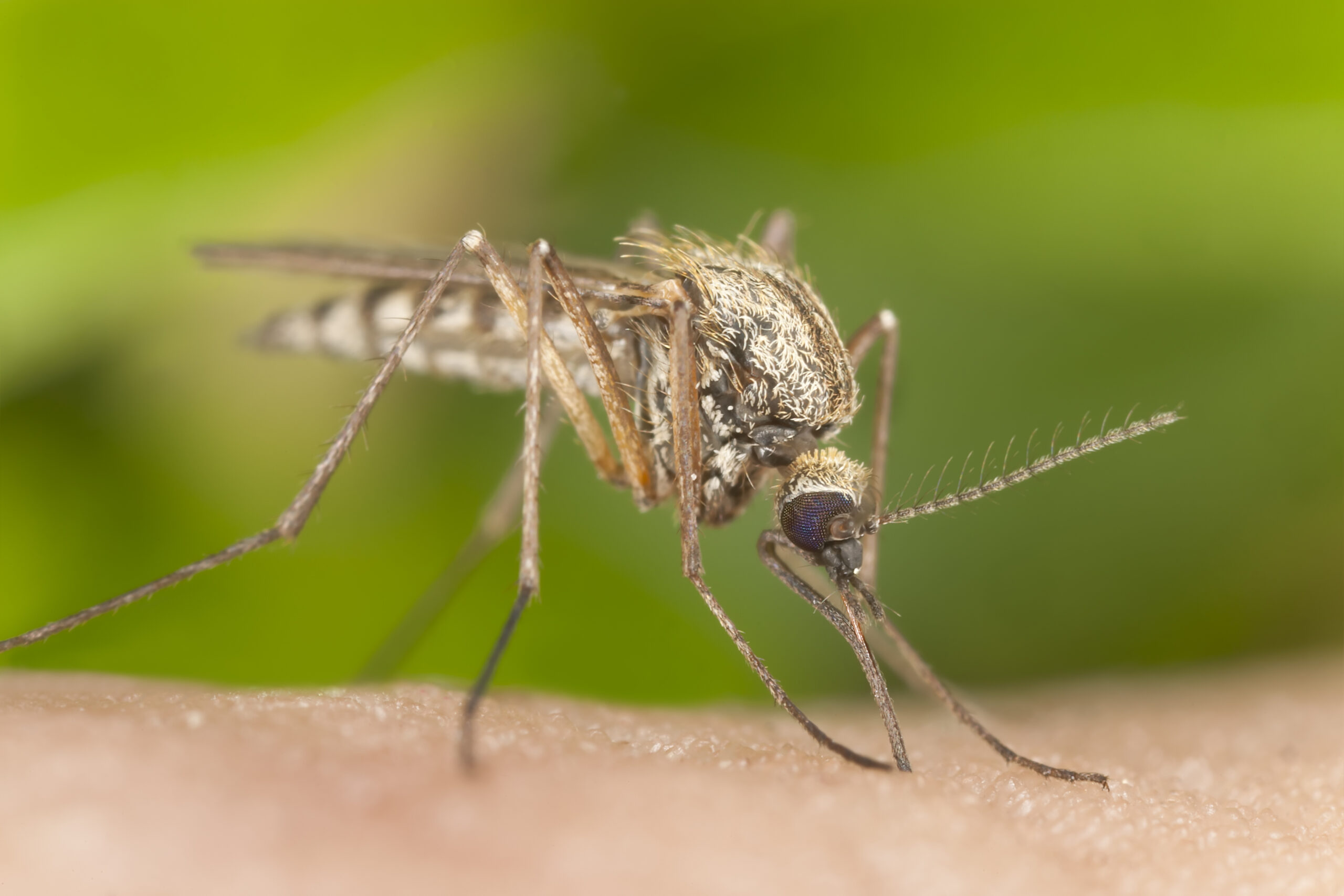Mosquito-borne diseases are not just a tropical issue anymore; they are buzzing their way into Europe, causing quite a stir among health experts and researchers. With the upcoming long, hot European summer, these tiny insects are poised to make a big impact – and not in a good way.
According to some climate researchers, diseases like dengue and chikungunya that were once confined to tropical regions might soon become endemic in Europe. The increasing prevalence of these diseases in Europe is attributed to various factors such as heightened travel activities and warmer weather patterns induced by climate change.
The European Centre for Disease Prevention and Control (ECDC) reported a significant rise in mosquito-borne infections across the continent. In the previous year alone, there were 1,436 cases of West Nile virus and 304 cases of dengue acquired in Europe – representing a stark increase compared to the past years. Italy bore the brunt of this surge with 238 reported cases of dengue, marking one of the largest outbreaks on record within the bloc.
Jan Semenza, an environmental epidemiologist at Umeå University in Sweden voiced his concerns stating, “It’s an exponential curve.” He highlighted how diseases like dengue can easily spread due to many infected individuals exhibiting mild or no symptoms initially before progressing into severe illness or even proving fatal.
Semenza further warned about the looming threat of these diseases becoming endemic across Europe.
Research indicates that if a new mosquito species had invaded a European country back in the 1990s, it would have taken about 25 years for a major outbreak to occur.
However, currently, this timeline has drastically shortened to less than five years – showcasing an alarming acceleration rate.
While outbreaks within Europe remain relatively contained compared to global figures – with over three million dengue cases worldwide so far this year – experts fear other vector-borne diseases could also emerge as significant public health risks on the continent. Highlighting one concerning example, Semenza mentioned how the mosquito species responsible for spreading yellow fever has resurfaced in Cyprus after being eradicated from Europe previously.
Despite the challenges posed by these escalating threats from mosquito-borne diseases,
experts emphasize that proactive measures can help mitigate risks effectively.
Governments play a crucial role in enhancing surveillance efforts particularly during peak mosquito seasons around key transit locations like airports where imported viruses could gain entry unnoticed.
Spain has implemented innovative strategies by leveraging artificial intelligence technology through citizen science initiatives aimed at identifying invasive mosquito species promptly and taking swift preventive actions. Such collaborative approaches between authorities and communities have proven instrumental in containing potential disease outbreaks.
Additionally, individual preventative measures such as using insect repellents and wearing protective clothing during peak mosquito activity periods are advised by health authorities. Travellers returning from regions where these viruses are prevalent are urged to maintain caution for at least three weeks post-return to prevent local transmission via mosquitoes.
As European countries grapple with this evolving landscape of mosquito-borne diseases encroaching upon their borders, valuable lessons can be gleaned from regions where such ailments have long been endemic. The need for vigilance and coordinated efforts becomes increasingly paramount as these tiny but potent vectors continue their relentless march across continents.
In conclusion,…









Leave feedback about this